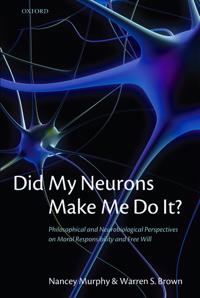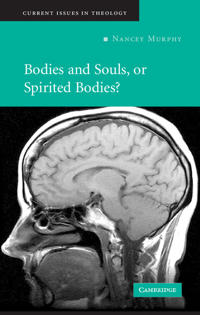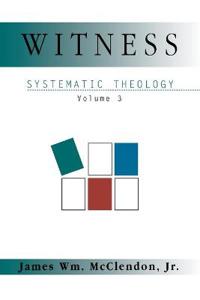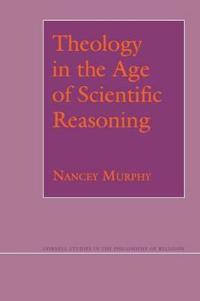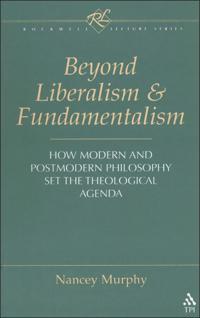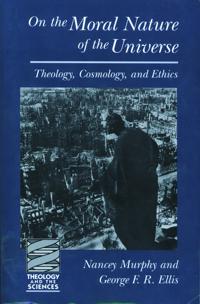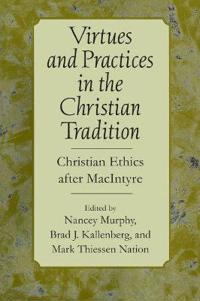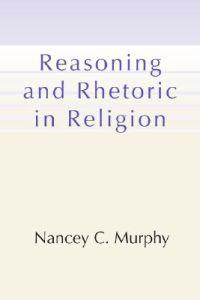Did My Neurons Make Me Do It? (Häftad)
avNancey Murphy, Warren S. Brown
ISBN: 9780199568239 - UTGIVEN: 200906If humans are purely physical, and if it is the brain that does the work formerly assigned to the mind or soul, then how can it fail to be the case that all of our thoughts and actions are determined by the laws of neurobiology? If this is the case, then free will, moral responsibility, and, indeed,[...]
Bodies and Souls, or Spirited Bodies? (Häftad)
avNancey Murphy
ISBN: 9780521676762 - UTGIVEN: 200601Are humans composed of a body and a nonmaterial mind or soul, or are we purely physical beings? Opinion is sharply divided over this issue. In this clear and concise book, Nancey Murphy argues for a physicalist account, but one that does not diminish traditional views of humans as rational, moral, a[...]
Witness (Pocket)
avJames William McClendon, Nancey Murphy, James William McClendon
ISBN: 9780687098231 - UTGIVEN: 200012Theology in the Age of Scientific Reasoning (Pocket)
avNancey Murphy
ISBN: 9780801481147 - UTGIVEN: 1993-03Beyond Liberalism and Fundamentalism (Inbunden)
avNancey Murphy, Werner H. Kelber, Wilhelm Kelber
ISBN: 9781563381768 - UTGIVEN: 199610American Protestant Christianity is often described as a two-party system divided into liberals and conservatives. This book clarifies differences between the intellectual positions of these two groups by advancing the thesis that the philosophy of the modern period is largely responsible for the po[...]
On the Moral Nature of the Universe (Pocket)
avNancey C. Murphy, George Francis Rayner Ellis, Nancey C. Murphy
ISBN: 9780800629830 - UTGIVEN: 1996-08What is the ethical import of contemporary scientific cosmology? How does our understanding of the universe relate to our most pressing social concerns? How do the disparate fields of theology, ethics, and the sciences relate to each other? Murphy and Ellis offer a coherent construction of these rel[...]
Virtues & Practices in the Christian Tradition (Pocket)
avNancey (EDT) Murphy, Brad J. (EDT) Kallenberg, Mark Thiessen (EDT) Nation
ISBN: 9780268043605 - UTGIVEN: 2003-01Using Alastair MacIntyre's work as a methodological guide for doing ethics in the Christian tradition, the contributors to this work offer essays on three subjects: description of MacIntyre's approach; reflections on moral issues; and selected essays on family, abortion, feminism and more.[...]
Reasoning and Rhetoric in Religion (Häftad)
avNancey C. Murphy
ISBN: 9781579107727 - UTGIVEN: 200109

